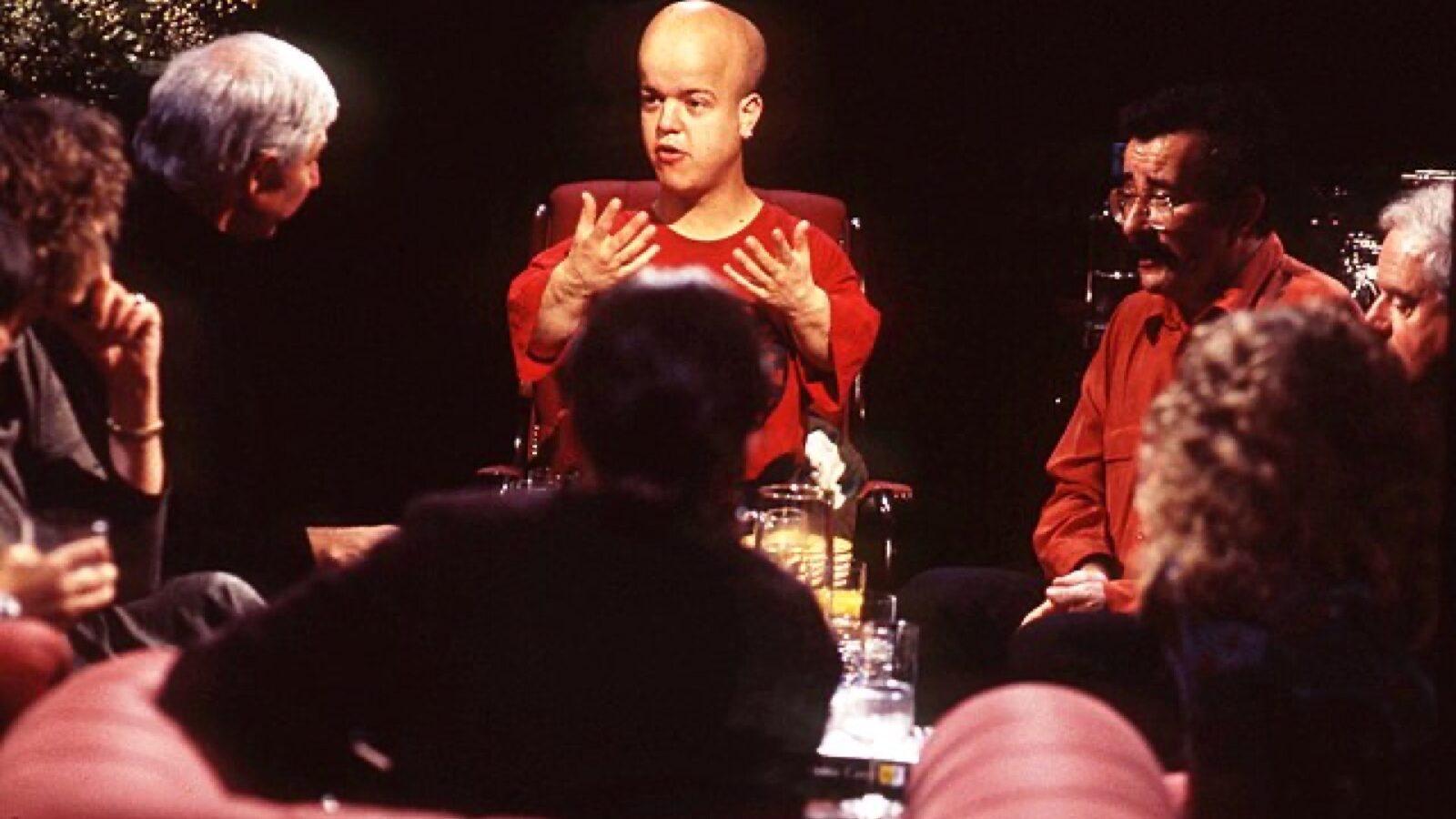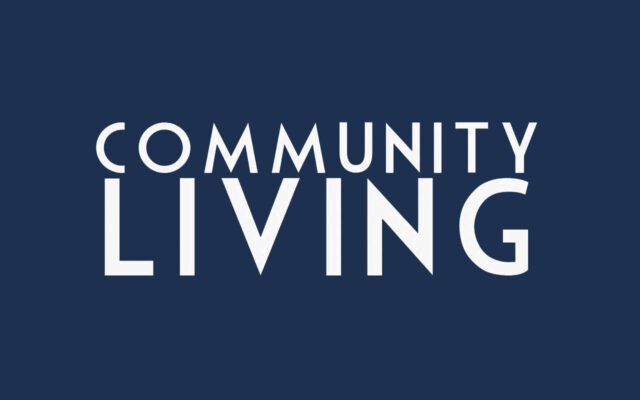To be a researcher, you need to know about theory. Right?
Theories are important because governments and organisations use them to plan policies for health, social care and education, write Kate Green and Nicola Grove.
But theory – an idea or set of ideas designed to explain facts or events – can be difficult to understand. There is a lot of jargon. Yet researchers with learning disabilities need to understand theory.
People explore big ideas through drama, games and role play, and discuss relevance to their lives
So a partnership between the Open University, the universities of Koblenz and Leipzig in Germany, the Barod research cooperative in Wales (Barod is the Welsh word for “ready”) and co-researchers at Rix Inclusive Research at the University of East London has been running online workshops about the big ideas that influence the way we think about disabilities.
The Big Ideas that Changed the World of Disability workshops are for activist researchers, students and academics. Each workshop focuses on one theory and an expert gives a short accessible talk.
Since 2021, we have held 13 workshops. Since 2023, activist researchers and self-advocates have led the workshops.
The workshops encourage people to explore big ideas through drama, games and role play, and discuss how they are relevant to their lives.
Our first speaker, who presented on the social model of disability, was academic activist and writer Professor Tom Shakespeare.
Workshops have explored normalisation theory (a sociological theory), educationalist and philosopher Paulo Freire’s ideas about education, eugenics, Buddhist attitudes to disabilities and the work of philosopher and historian Michel Foucault. An advisory group of self-advocates helps choose the topics.
Researchers from Leipzig presented on their book Power in School, and on philosopher Pierre Bourdieu’s ideas about cultural capital – how we identify what groups people belong to and who has status.
The Rix team led a workshop on ethics, and Barod presented self-advocate Alan Armstrong’s ideas about inclusive research.
All this work has been made possible by grants from the universities and the Rix-Thompson-Rothenberg Foundation.
On average, 24 people attend each session. They include those from England, Germany, Ireland, and Wales. Language differences have proved to be no barrier.
Around half of the participants self-identify as having learning disabilities or autism. We do not formally categorise people as it is against our principle of being an inclusive, respectful learning community.
Activist members do not hesitate to speak up if there is too much jargon. Because we have been together for a long time and know what we are doing, it is now difficult to tell who has a disability.
Barod has evaluated the workshops in 2022, with the findings to be made public soon.
Big Ideas continues to inspire us with new topics to explore. If you would like to join us, please get in touch on ngrove@uel.ac.uk.
All the presentations and accompanying information packs are free to download from the University of Koblenz website.
Kate Green is a poet, lived experience and advocacy campaigner; Nicola Grove is professor for profound and multiple learning disabilities at Rix Inclusive Research, University of East London



